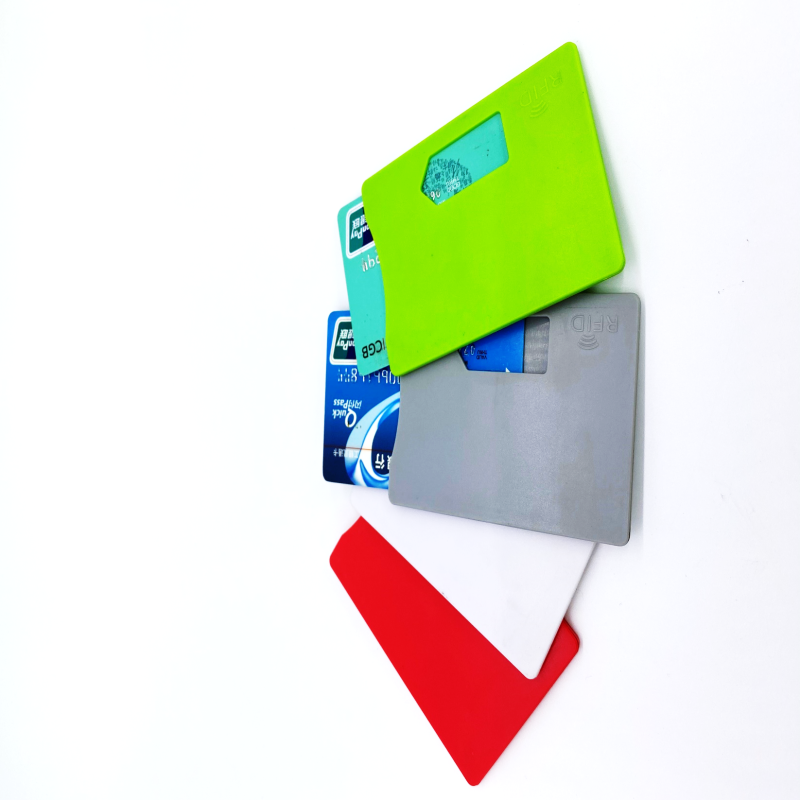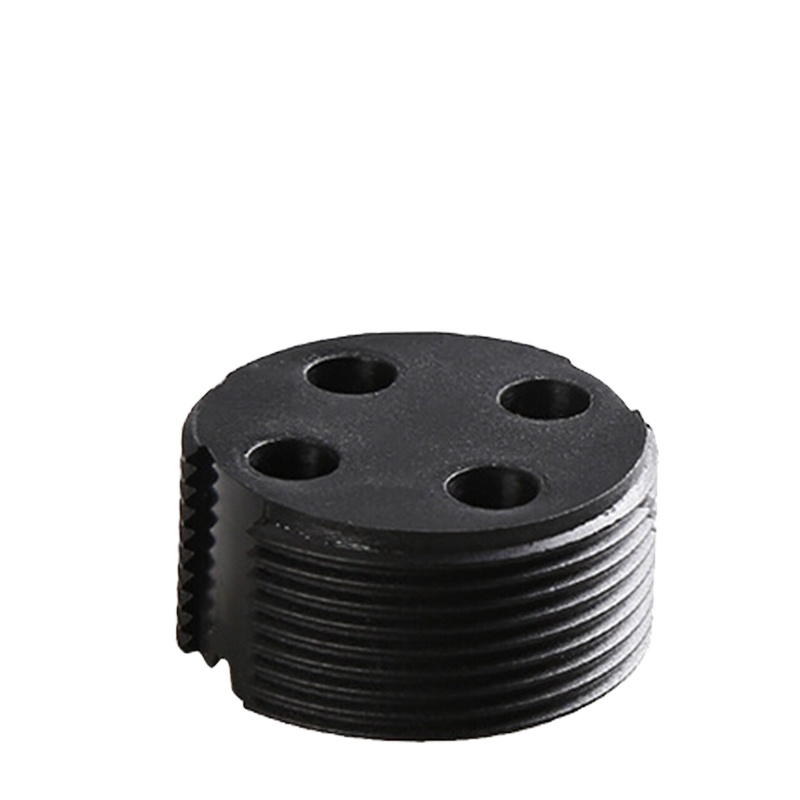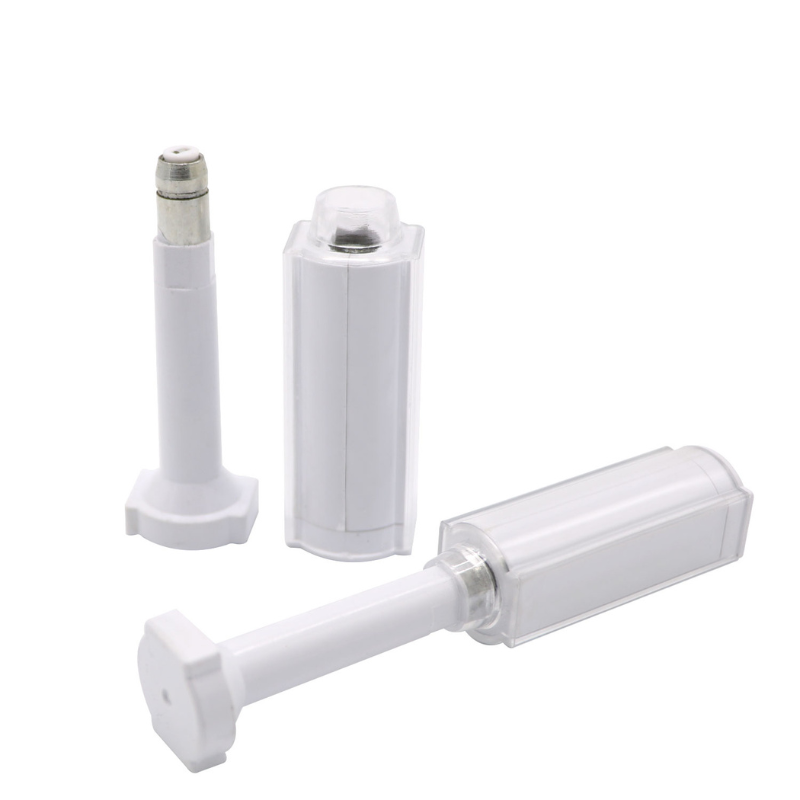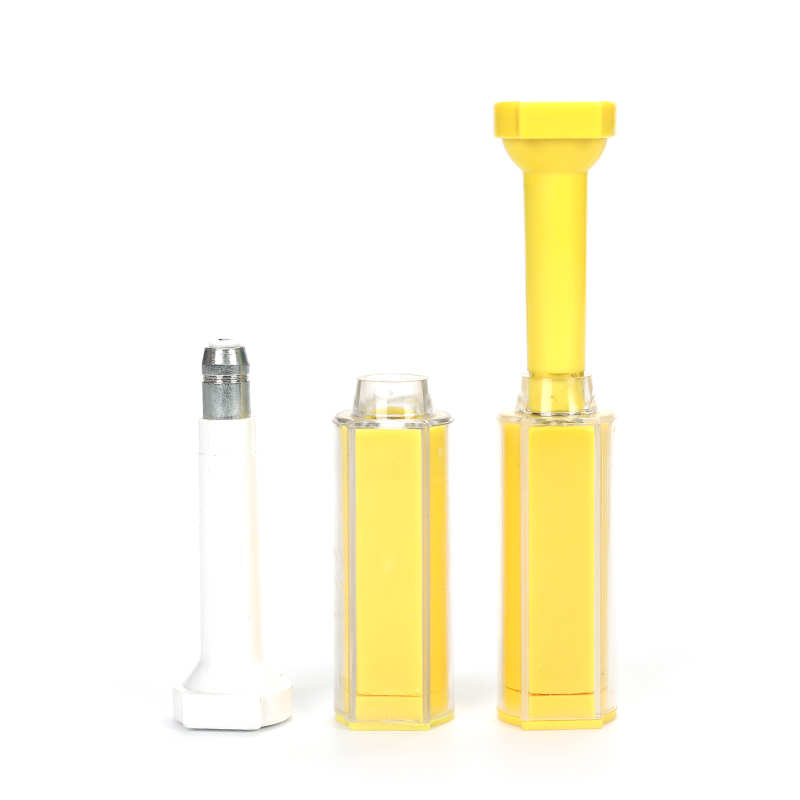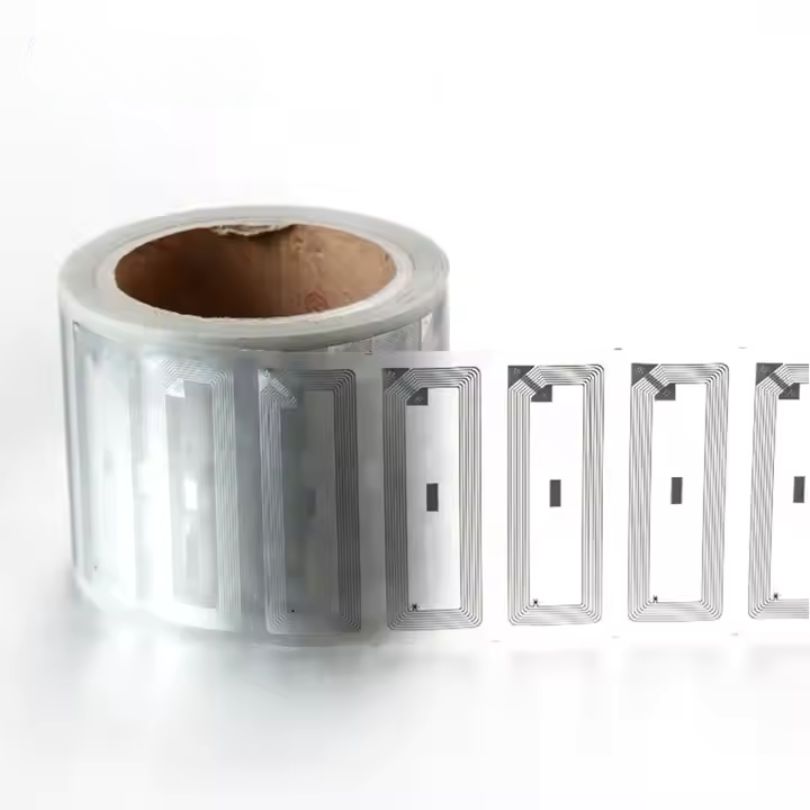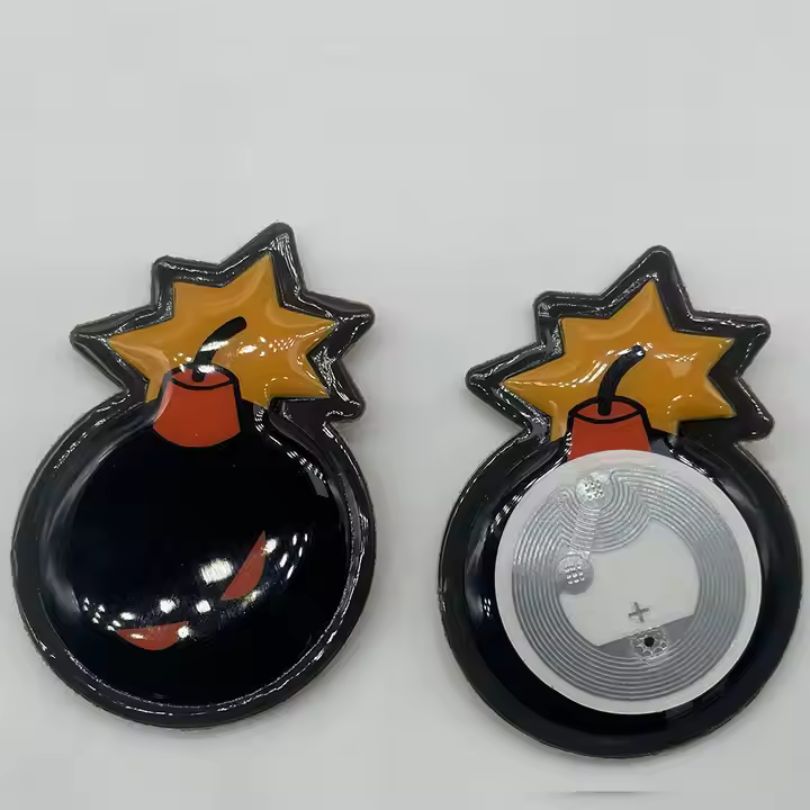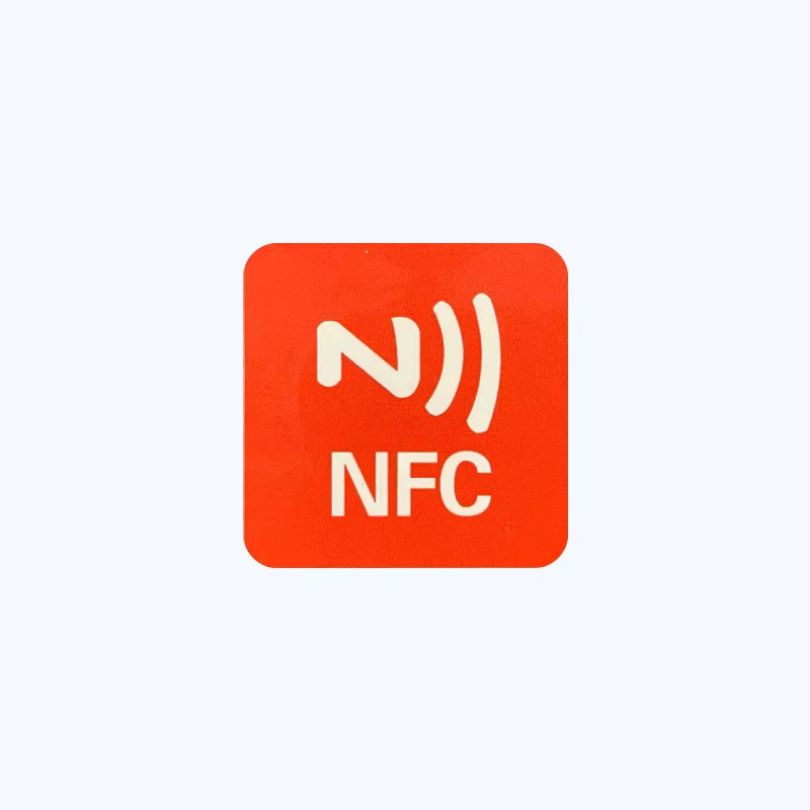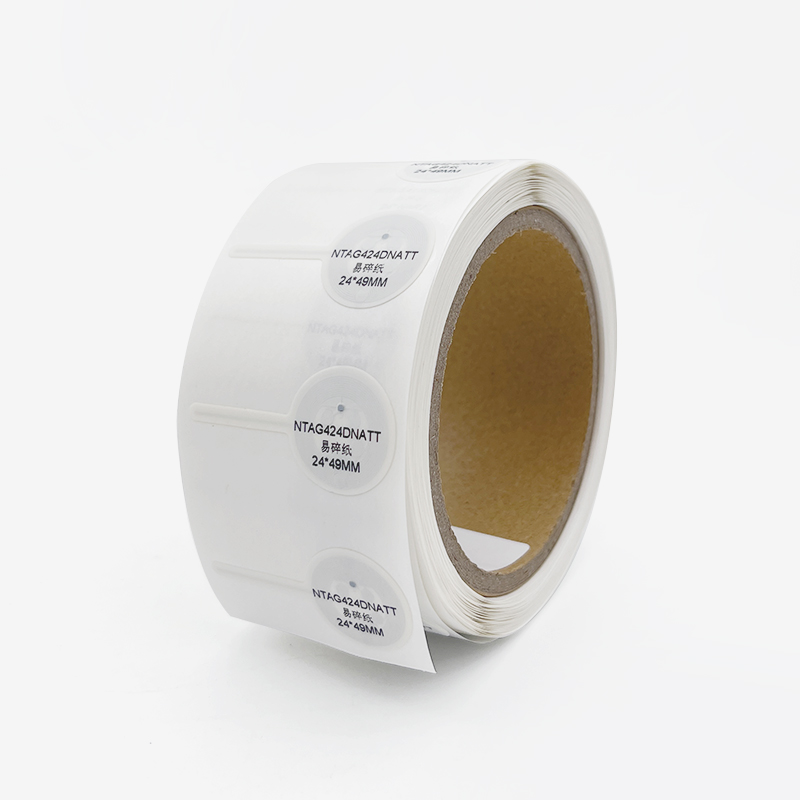
What is an RFID Card Protector? Benefits, Use Cases, and Buying Guide
Table of Contents
Introduction
These small, lightweight tools can stop data theft before it happens. But what exactly are they, how do they work, and who needs them?
In this guide, we’ll explore:
- How RFID card protectors work
- Benefits of RFID protection
- Who should use RFID protection
- Types of RFID blocking products
- A buying guide to help you choose the right one
Let’s dive in.
How Does an RFID Card Protector Work?
RFID-enabled cards contain tiny chips that communicate wirelessly with scanners using radio waves (typically at 13.56 MHz for high-frequency cards and 125 kHz for low-frequency cards like EM4200). These are the same chips found in credit cards, hotel key cards, and ID badges.
A standard RFID reader can scan these cards from several centimeters away, sometimes even without you realizing it. This opens the door for thieves with portable skimming devices to capture your data remotely.
An RFID card protector works by acting as a shield. It blocks the electromagnetic field around the RFID chip and prevents unauthorized readers from picking up the signal. It uses materials like:
- Aluminum foil or copper mesh
- Electromagnetic shielding film
- Special conductive polymers
Some products use a sleeve (to hold the card), while others are rigid cards that you place inside your wallet alongside your RFID cards.
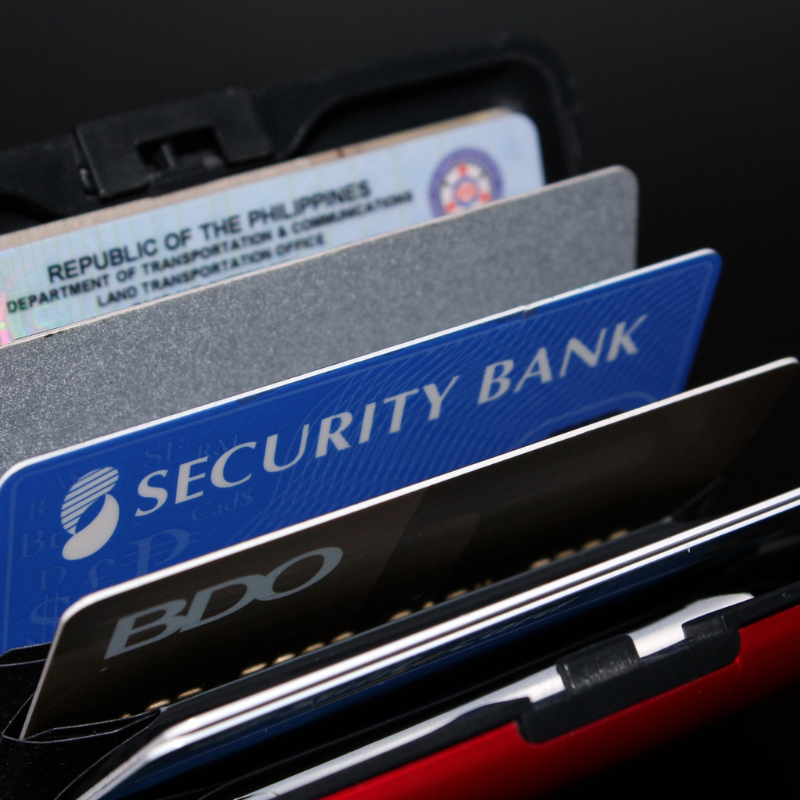
Benefits of Using RFID Card Protectors
Using RFID protectors is a simple and affordable way to avoid digital pickpocketing and maintain control of your personal data. Here are the key benefits:
1. Prevents Unauthorized Scanning
RFID cards can be scanned through clothes, bags, and wallets. With an RFID protector, these cards are completely blocked from radio frequency access unless intentionally removed.
2. Keeps Financial Information Safe
Credit card skimming can lead to stolen funds, identity fraud, and countless hours spent on credit repair. RFID card protectors give peace of mind by stopping this kind of attack.
3. Stops Identity Theft
Passports and ID cards often contain personal data stored on RFID chips. Hackers can use remote readers to pull this data. With a sleeve or wallet that blocks RFID, you prevent unauthorized access.
4. Safe for Global Travelers
RFID theft is more common in crowded areas like airports, subways, and tourist zones. A protector is essential if you travel frequently or live in a major city.
5. Easy to Use and Carry
RFID blocking sleeves and cards are thin, lightweight, and don’t interfere with card usability. Just slide your card inside the sleeve or place a blocker card next to it in your wallet.
6. Works With Most RFID Frequencies
High-quality RFID protectors can block both 13.56 MHz and 125 kHz signals, offering all-in-one protection for contactless cards and low-frequency ID systems like EM4200.
7. Long-lasting and Durable
Most RFID sleeves last for years, especially aluminum and polymer-based options. They require no batteries or maintenance.
Use Cases: Who Needs RFID Protection?
RFID card protection isn’t just for tech enthusiasts. It’s for anyone who carries cards with embedded RFID chips. Here’s a breakdown of who benefits the most:
Business Travelers & Frequent Flyers
Airport terminals are hotspots for skimming attacks. Travelers often carry RFID-enabled passports, boarding passes, and credit cards — all easily scanned without notice.
Students & School Staff
Student IDs, transit passes, and dorm room access cards often use RFID chips. An RFID card protector keeps these credentials safe.
Commuters Using Contactless Payment Cards
If you tap your card to pay for buses, trains, or tolls, chances are it’s RFID-based. Hackers can copy or clone your card if it’s not shielded.
Hotel Guests & Event Attendees
RFID wristbands and keycards are standard at hotels and festivals. They’re convenient but vulnerable to cloning.
Government Employees & Military
Security access badges and ID cards often include sensitive information. Protecting these with RFID blocking gear is part of basic protocol.
Everyday Consumers
Even if you don’t travel often or use transit, if you have a contactless credit card, RFID protection is still relevant. It’s a low-cost way to protect high-value data.
RFID Card Protectors at a Glance
| Feature | RFID Blocking Card | RFID Card Sleeve | RFID Wallet Insert | RFID Wallet |
| Form Factor | Rigid card | Soft sleeve | Flexible insert | Full wallet |
| Blocks 13.56 & 125kHz? | Yes | Yes | Varies | Yes |
| Fits in Regular Wallet? | Yes | Yes | Yes | N/A |
| Custom Branding Possible? | Yes | Yes | Yes | Yes |
| Durability | High | Medium | Medium | High |
| Cost | Low | Very Low | Medium | High |
Choosing the Best RFID Protector
When buying RFID protection, consider:
1. Material: Choose aluminum, copper, or certified shielding material.
2. Size: Standard CR80 card size (85.6mm x 54mm) fits most wallets.
3. Frequency Support: Ensure both 13.56 MHz and 125 kHz coverage.
4. Branding Options: For corporate giveaways, select customizable protectors.
5. Use Environment: Travelers may prefer RFID sleeves; everyday users may opt for RFID wallet cards.
6. Certifications: Look for products tested against ISO/IEC 14443A or other global standards.
Ready to Protect Your Cards?
Stop wireless theft before it happens.
Whether you’re traveling, commuting, or just heading to the office, a simple RFID card protector can secure your personal data against invisible threats.
Explore our best-in-class RFID card holders, sleeves, and aluminum blocking cards—Affordable, slim, stylish, and effective.
Shop RFID Card Protectors Now Or contact our sales team for bulk orders, white-labeling, or OEM options.
FAQs About RFID Card Protection
Is RFID blocking necessary?
Yes — especially if you carry contactless credit cards, keycards, or passports. RFID blocking helps prevent unauthorized scanners from skimming your data in crowded places like airports or subways.
What is an RFID blocker?
An RFID blocker is a sleeve, wallet insert, or card made of special material (usually aluminum or copper-coated layers) that disrupts or shields the radio frequency used by RFID scanners.
What is RFID protection?
RFID protection refers to technology designed to block unauthorized access to your cards’ data. It physically or electronically prevents communication between your RFID-enabled card and a skimming device.
Can someone scan your credit card in your wallet?
Yes. If your card is RFID-enabled and you’re using a regular wallet or purse, thieves can potentially scan it without even touching you—this is called “electronic pickpocketing.”
How does RFID blocking work?
RFID blocking works by using materials that create a “Faraday cage” effect. This barrier blocks the electromagnetic fields from reaching your cards, preventing the chip from being read.
How to protect your credit card in your wallet?
Use an RFID-blocking wallet, sleeve, or insert
Avoid carrying all cards together
Turn off contactless features if not needed (on some cards)
How to protect credit cards in wallet without RFID wallet?
You can slide a RFID blocking card next to your credit cards in a regular wallet. These cards are ultra-thin and block signals from both sides, making them perfect for minimalist setups.
Final Thoughts
An RFID card protector may seem small, but it solves a big problem. With contactless technology rising across industries, protecting your personal data from skimming is no longer optional.
Whether you’re a business traveler, student, or everyday consumer, investing in RFID protection is a smart, affordable move. From sleeves to aluminum blocking cards, you have plenty of options to match your lifestyle.
Protect your identity. Block unwanted scans. Stay secure.

Ray Zhou
This article was written by Ray Zhou, an RFID technology expert with more than 10 years of industry experience.
Comments
Hot Products
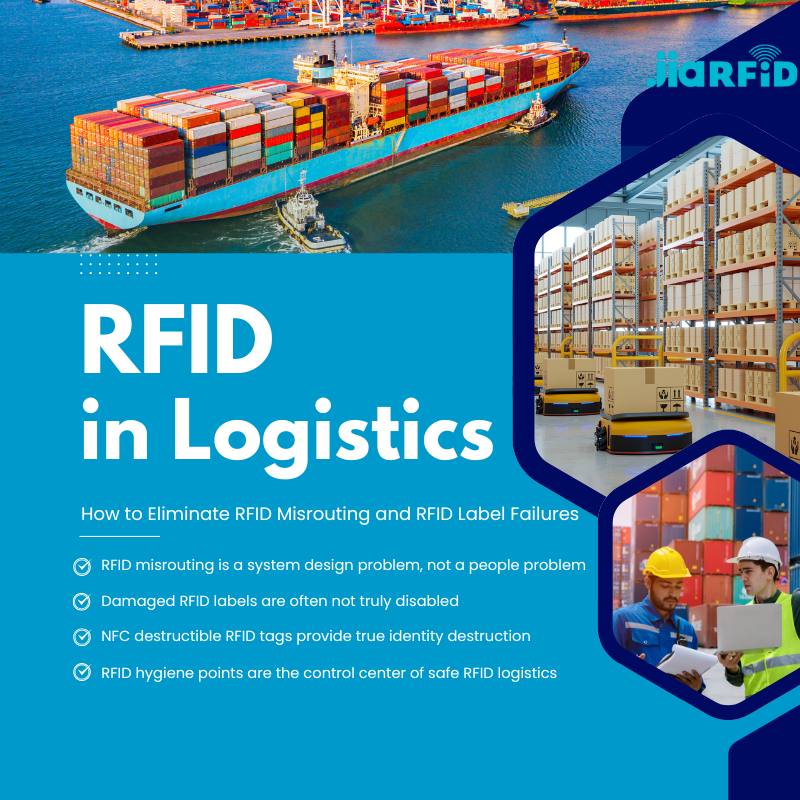
RFID in Logistics: How to Eliminate RFID Misrouting and RFID Label Failures
RFID in logistics is more than just a tool to speed up processes. It has become a key part of how modern supply chains operate.
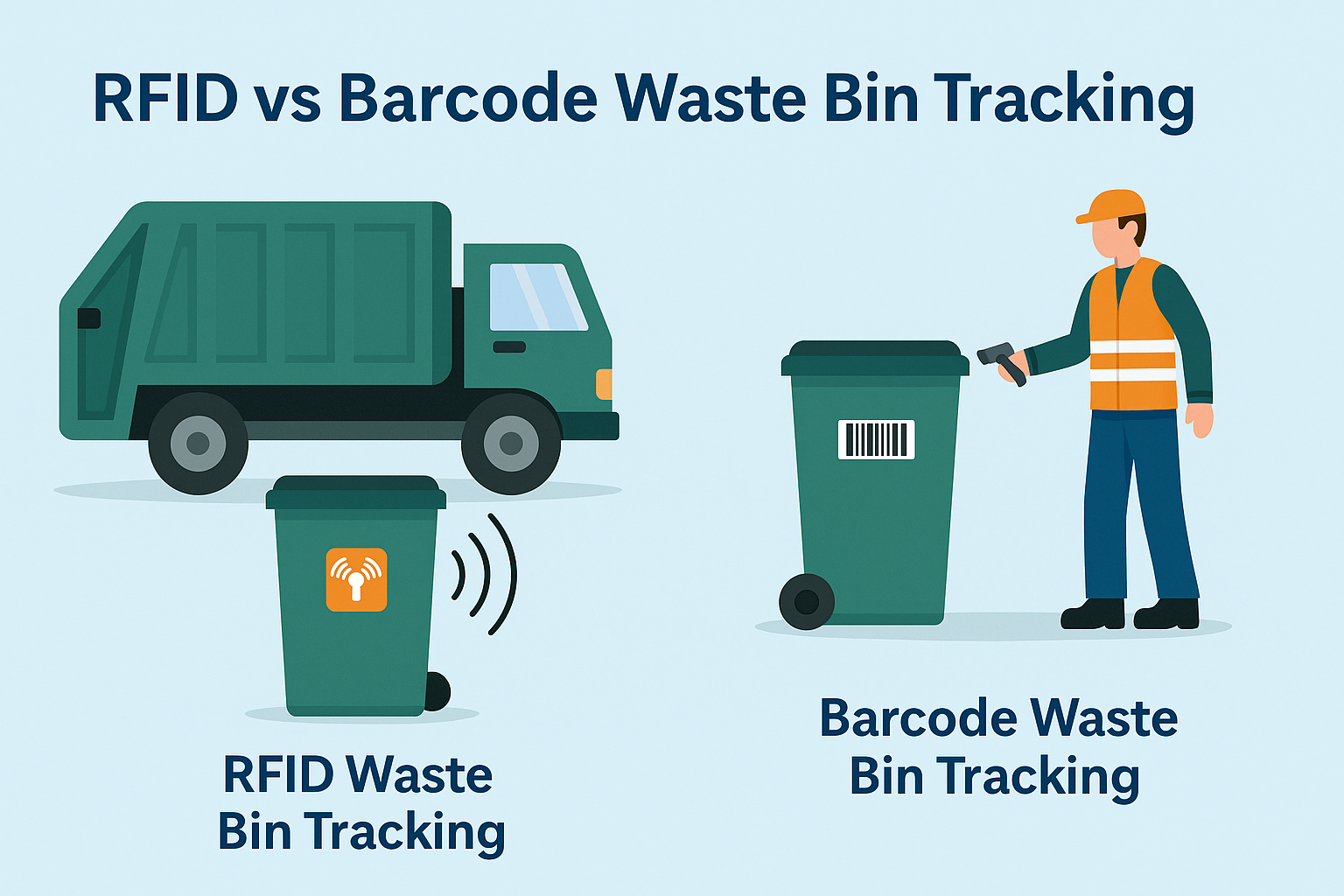
What Is RFID Waste Management
Imagine a city where every trash bin speaks — not literally — but through a tiny chip that tells the system when it’s full, when it’s emptied, and where it went. That’s what RFID waste management is doing today.
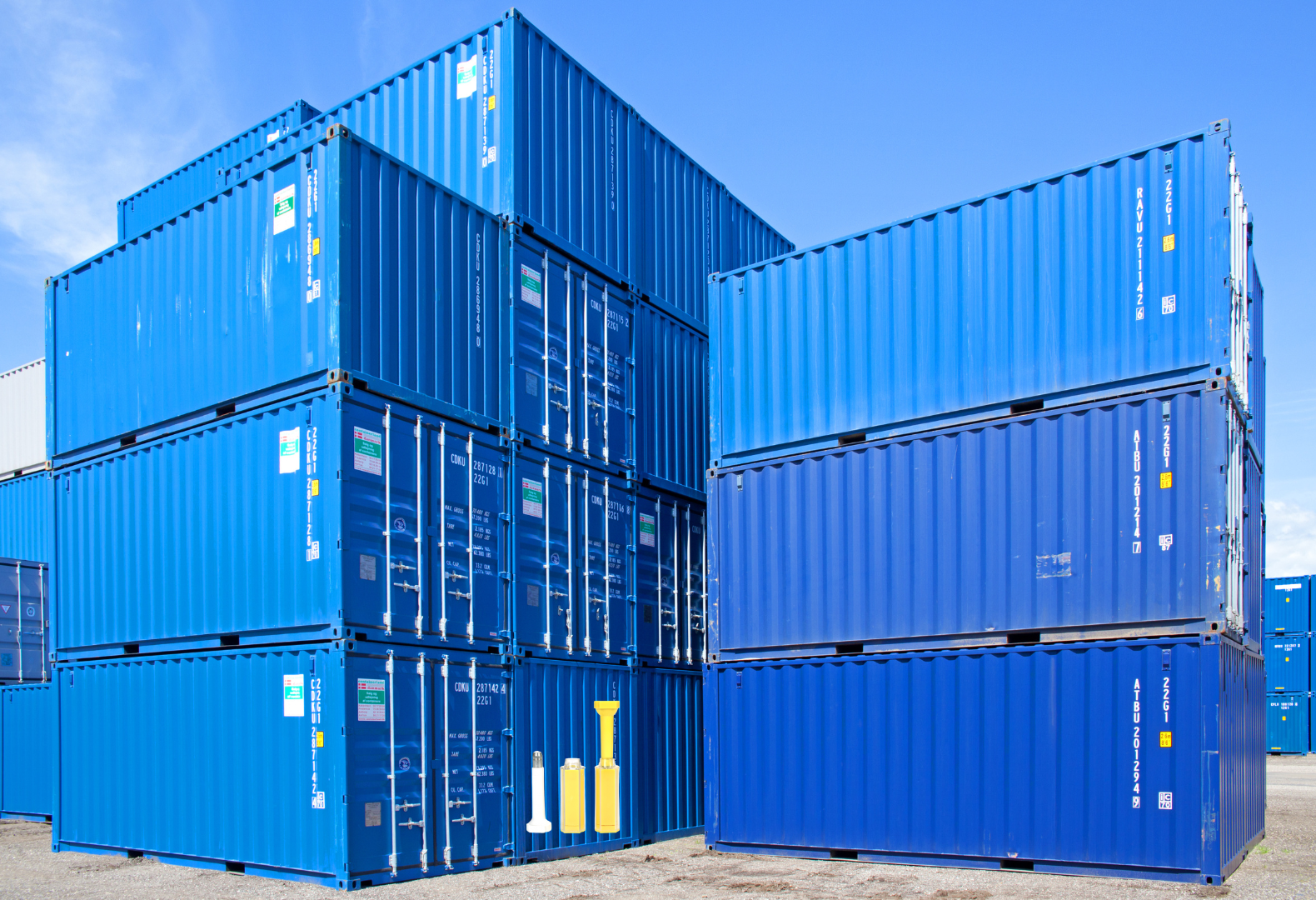
What are Bolt Seals and their Applications? | Complete Guide
In global trade and logistics, bolt seals play a crucial role in ensuring cargo security and compliance. These small but powerful devices are designed to lock shipping containers, trailers, and cargo doors with a tamper-evident mechanism.
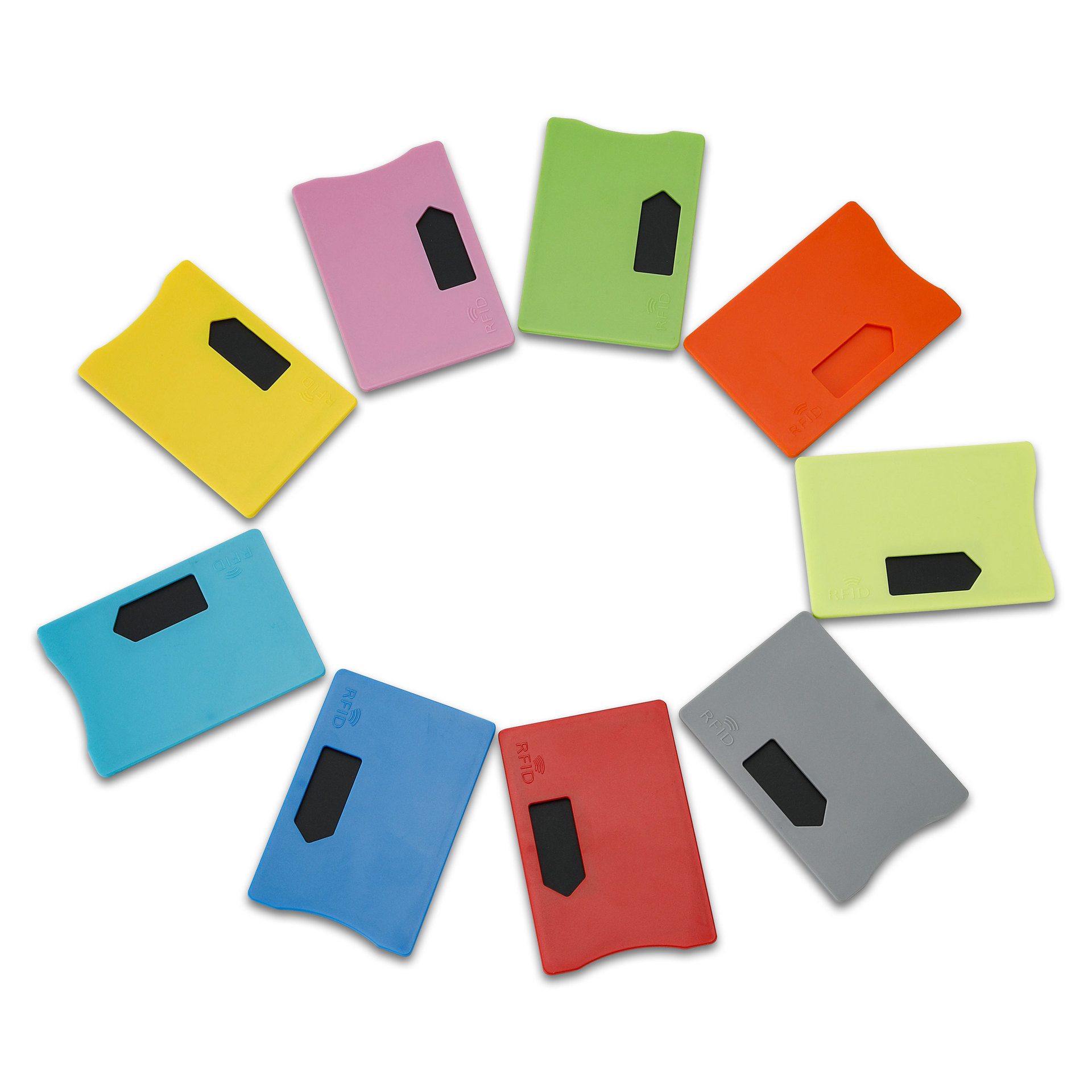
What is an RFID Card Protector? Benefits, Use Cases, and Buying Guide
RFID technology (Radio Frequency Identification) is everywhere: in your credit cards, ID badges, transit passes, hotel room keys, and more. It offers speed and convenience, but it also opens the door to a new kind of digital theft called “skimming.” That’s where an RFID card protector comes in.

RFID Wristbands for Events: Bulk Buying Guide for Organizers
RFID wristbands for events are becoming the go-to solution for organizers who need faster entry, fraud prevention, and cashless payments at concerts, festivals, and sports venues. Unlike paper tickets or QR codes, these smart wristbands use embedded chips to streamline access, secure transactions, and improve the guest experience.
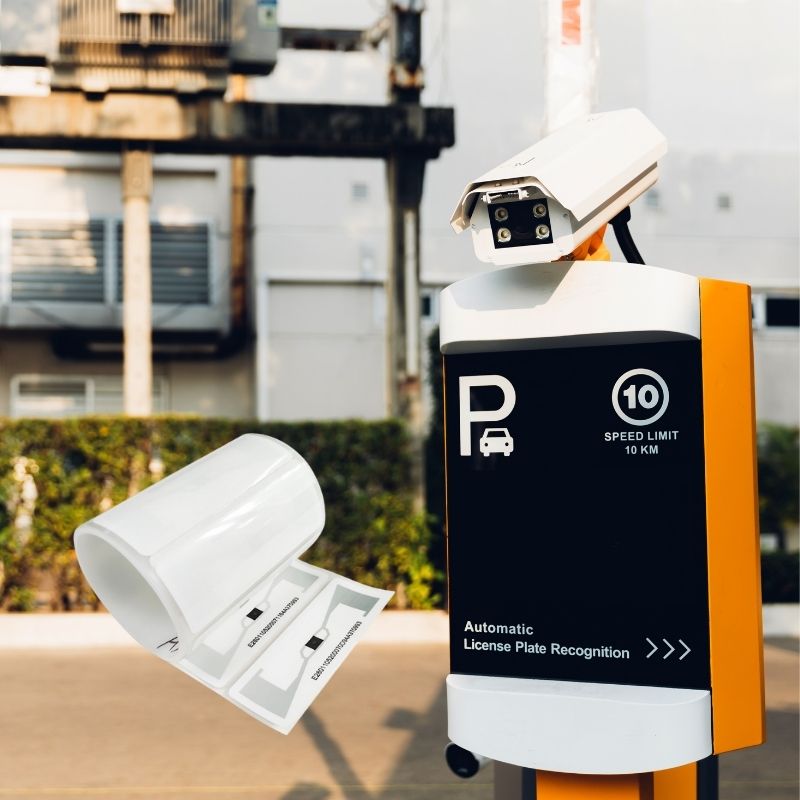
How RFID Tag on Windscreen Improves Vehicle Access Control and Toll Systems
In today’s fast-paced world, vehicle identification needs to be quick, secure, and contactless. An RFID Tag on the Windscreen provides exactly that — a reliable way to manage toll collection, parking, and gated access without stopping vehicles.

